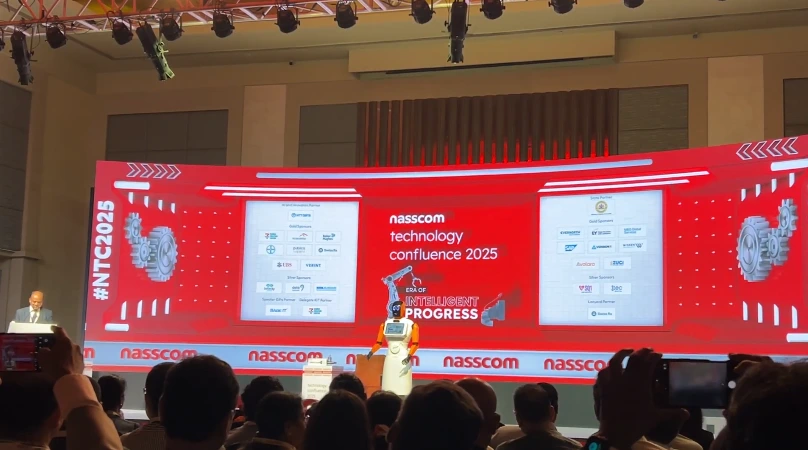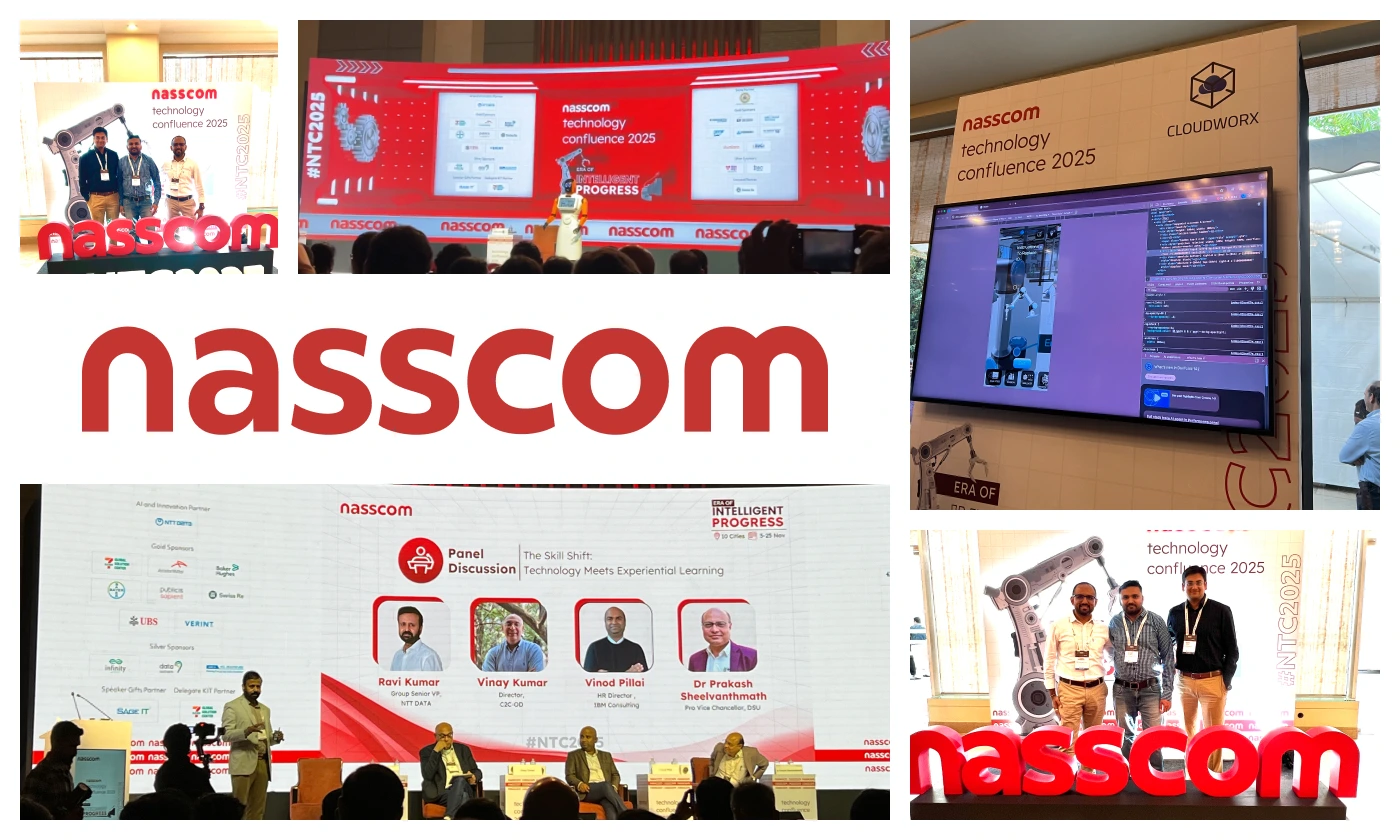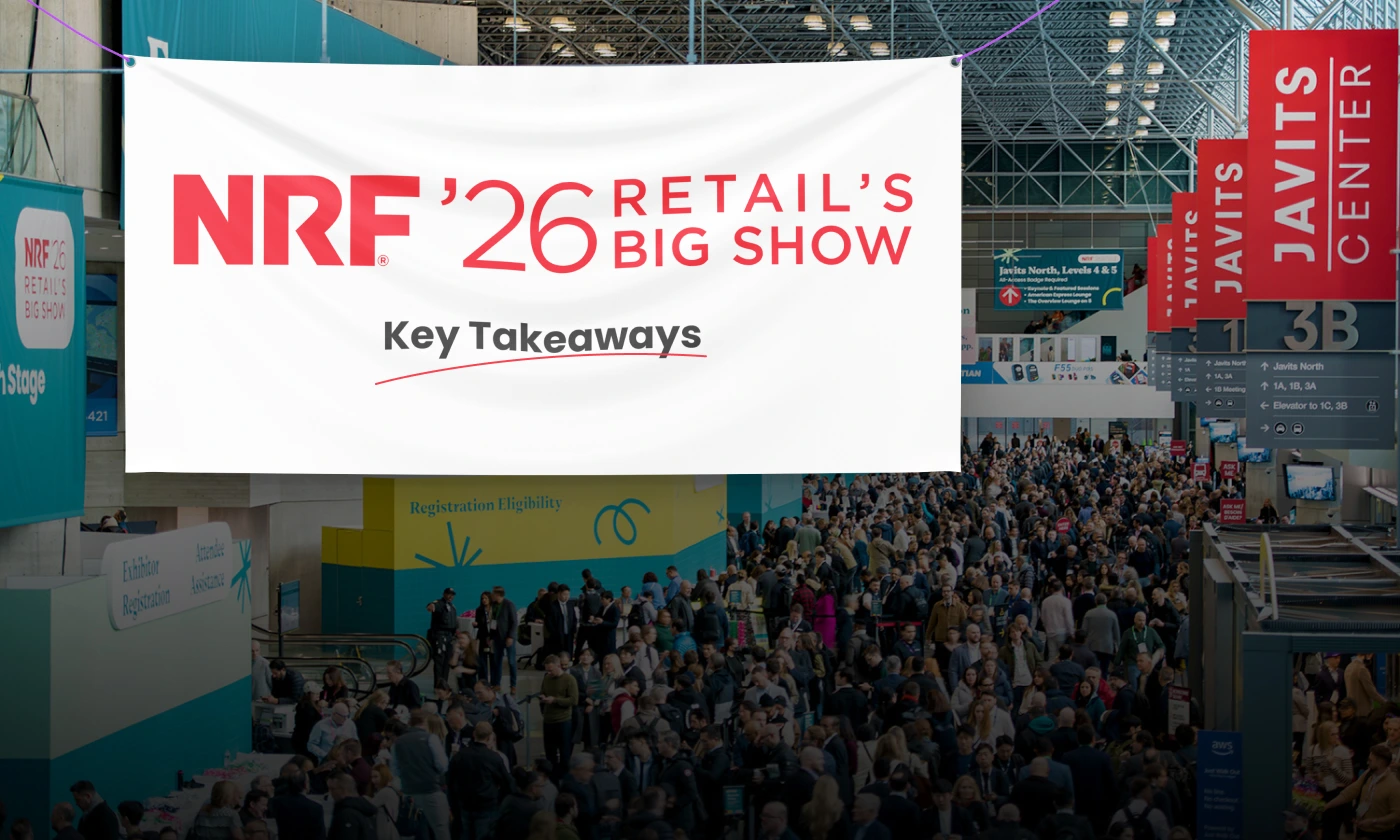
When an AI robot shares the stage as a co-host, you know things are getting serious!
That was the opening scene at NTC 2025, Bengaluru, and it perfectly captured the mood of the day – curiosity meeting capability.
This year’s conference felt like a convergence point. Technology leaders, product builders, policymakers, and enterprise architects all gathered under one roof to discuss how India is shaping the next wave of AI-led transformation.
The hall was buzzing with innovation – not because of the hype, but because of the depth of what’s actually happening on the ground.
For us at Azilen, attending NTC 2025 was about exploration, observing how industries are applying intelligence in context, and understanding where the next decade of digital engineering is heading.
And across every booth, panel, and conversation, two words echoed like a shared heartbeat: Artificial Intelligence.





 10 mins
10 mins










 Talk to Our
Consultants
Talk to Our
Consultants Chat with
Our Experts
Chat with
Our Experts Write us
an Email
Write us
an Email





